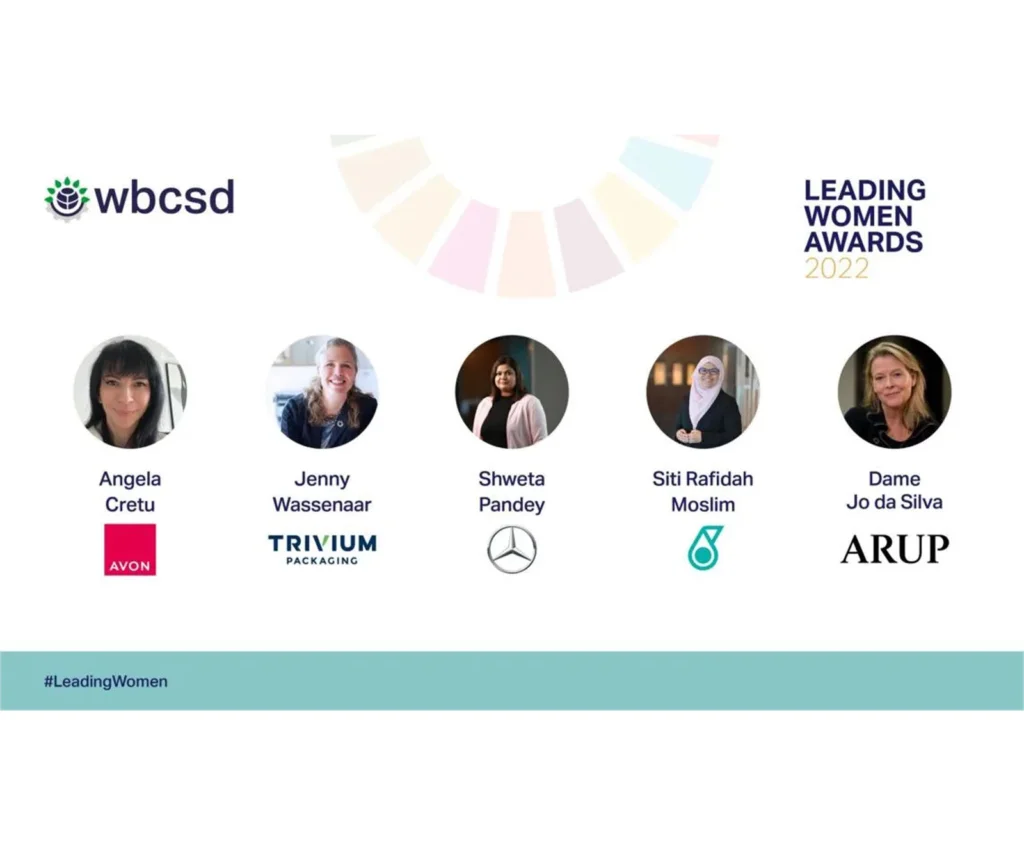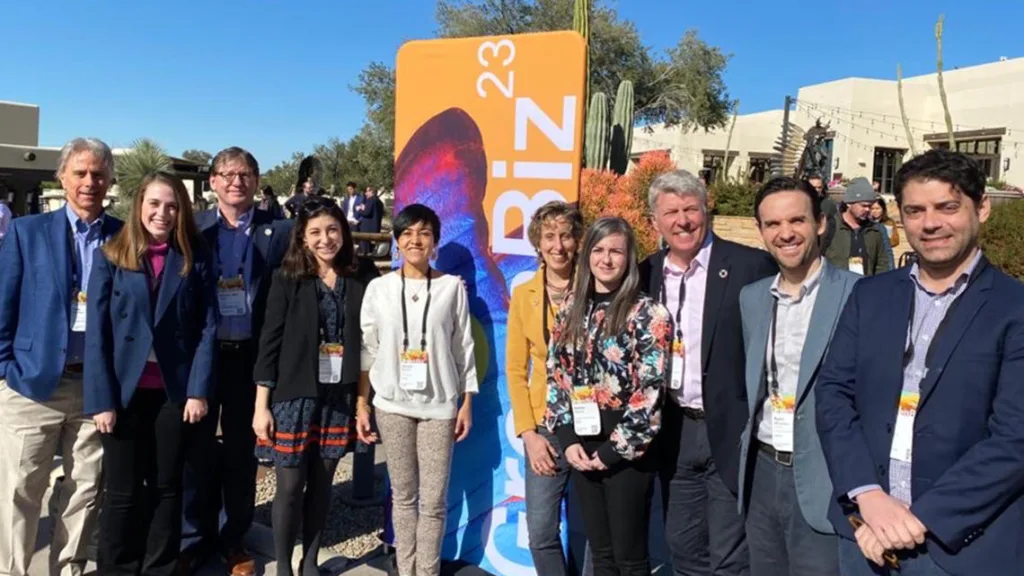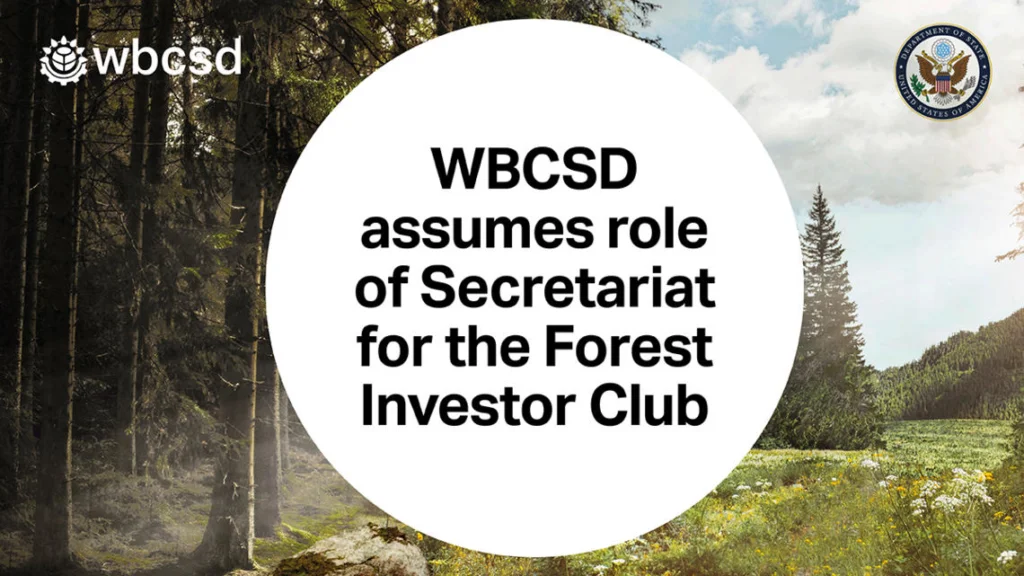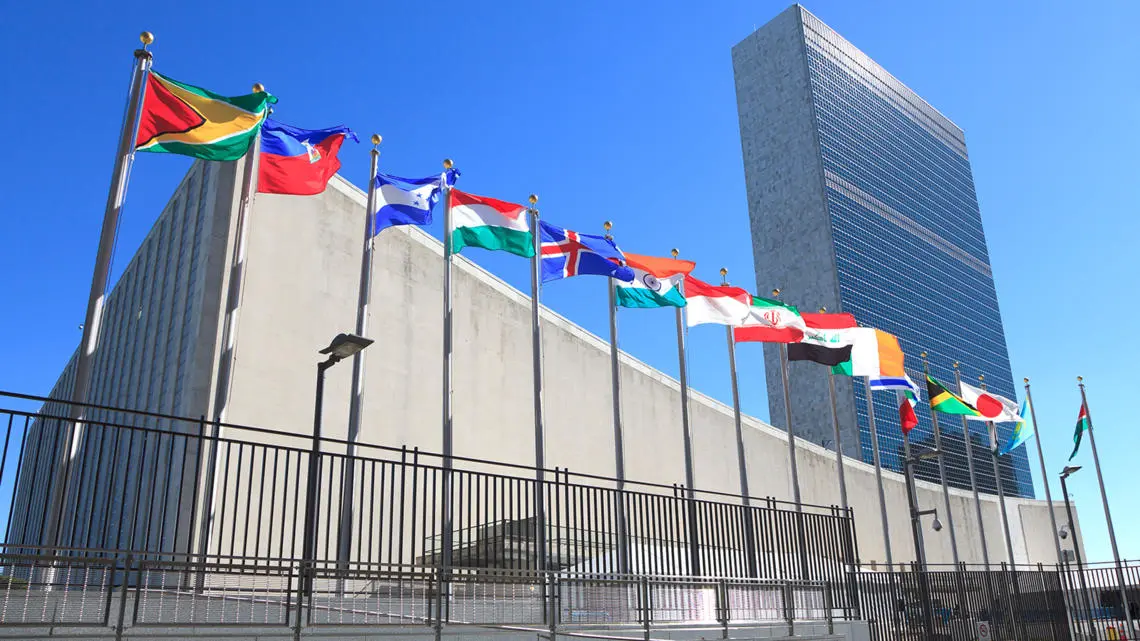Authors
James Gomme
The High-Level Political Forum (HLPF) on Sustainable Development, the UN’s central platform for follow-up and review of the implementation of the Sustainable Development Goals (SDGs), took place at the UN headquarters in New York City from 9 to 18 July 2018.
Gathering some 2,000 representatives from UN member states, business leaders, mayors, the scientific community, foundations, UN agencies and civil society organizations, the HLPF reviews on an annual basis the overarching progress with regard to the SDG agenda. It also provides a platform for member states to present updates on the actions they are taking to implement the SDGs at national level.
The theme of this year’s HLPF was “Transformation towards sustainable and resilient societies,” with a specific focus on progress and challenges in relation to SDG 6 (Clean Water & Sanitation), SDG 7 (Affordable & Clean Access to Energy), SDG 11 (Sustainable Cities & Communities), SDG 12 (Responsible Consumption & Production and Consumption), SDG 15 (Life on Land) and SDG 17 (Partnerships for the Goals).
The HLPF also provides a critical opportunity for wider groups of stakeholders, including business, to engage and share solutions to SDG implementation. The World Business Council for Sustainable Development (WBCSD) and its member companies again played an active role across a variety of important dialogues. WBCSD’s overarching message on the SDGs was that companies that have a clear understanding of their SDG impacts will ultimately be better placed to unlock market opportunities, consolidate an enduring license to operate and manage operational and regulatory risks on the path to 2030.
Click here to download the WBCSD team’s HLPF report with key takeaways and impressions, built around the following themes and insights:
- Growing momentum but a critical need for accelerated action
- Business has a key part to play and is becoming more engaged around the HLPF
- The critical role of partnerships
- Increased focus on measuring business impact
- The human rights opportunity
- Technology as a driver for transformation in line with the SDGs
WBCSD news articles and insights may be republished in accordance with the Creative Commons Attribution-NonCommercial-NoDerivatives 4.0 International Public License, and in accordance with our Privacy Policy. All Content must be featured with due credits.
Related
Content

Leading Women Awards 2022: Outstanding female leaders recognized for sustainability achievements at WBCSD Liaison Delegate Meeting
4 May, 2023

WBCSD at GreenBiz23 Scottsdale, Arizona: February 13-16, 2023
2 March, 2023

U.S. Department of State Commits up to $9 Billion to Restore Forests
21 November, 2022

